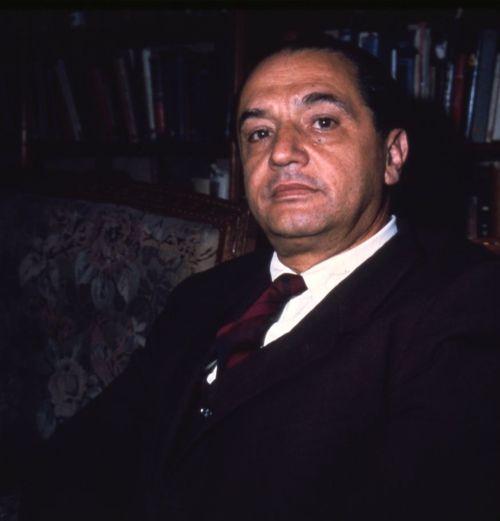Jorge Icaza Coronel (Quito, June 10, 1906 – Ibidem, May 26, 1978) is indisputably the most renowned Ecuadorian author of the 20th century. His impactful storytelling, exemplified in critically acclaimed novels such as “Huasipungo” and “El Chulla Romero y Flores,” presented an unflinching portrayal of Ecuadorian societal conditions, particularly the trials of indigenous and mestizo communities. Icaza’s “Huasipungo,” which brought the issue of rural exploitation to the global stage, has been translated into more than 15 languages, including two English versions, signifying his far-reaching influence. His status as Ecuador’s literary giant is not just confined to his homeland; his work has significantly shaped Latin American literature. His later role as Ecuador’s ambassador to Russia further exemplifies his multifaceted contributions. Icaza’s legacy has transcended time; his work continues to inspire and influence, marking him as a towering figure in Ecuadorian and Latin American literature of the 20th century.
Playwright
Jorge Icaza began his literary career as a playwright. El Intruso was published in 1928, La Comedia sin Nombre in 1929, Cuál es in 1931, Sin Sentido in 1932, and Flagelo in 1936. After his 1933 playscript, El Dictador, was rejected, Icaza shifted his focus to writing novels about Ecuador’s social conditions, particularly the oppression of its indigenous people.
Novelist
With the publication of Huasipungo in 1934, Jorge Icaza achieved international fame. The book is one of the best known Indigenista novels (Indigenista literature is a literary trend that deals with the indigenous peoples of Latin America and their problems). Fragments of the book first appeared in English translation in Russia, where it was welcomed enthusiastically by Russia’s peasant socialist class. Jorge Icaza was later appointed Ecuador’s ambassador to Russia. (1973-1977).
The first complete edition of Huasipungo was translated into English in 1962 by Mervyn Savill and published in England by Dennis Dobson Ltd. An “authorized” translation appeared in 1964 by Bernard M. Dulsey, and was published by Southern Illinois University Press in Carbondale, IL as “The Villagers”.
Read an essay on Bernard M. Dulsey’s translation of Jorge Icaza’s novel Huasipungo.
Listen to Jorge Icaza read from selected chapters of his books.
Adaption of some of Icaza’s novels for the stage
In 1970, with his wife Marina Moncayo, Jorge Icaza wanted to stage the theatrical version of “Huasipungo” but the civil dictatorial government of Velasco Ibarra prohibited it from being performed. Ricardo Descalzi del Castillo, at Icaza’s request, was the one who adapted Huasipungo for the stage. A year later, Icaza premiered his theatrical version of “El Chulla Romero y Flores” with great success in Quito.
Personal life
Parents
Jorge Icaza Coronel was born in Quito, in the Vergel neighborhood, on July 10, 1906. His father, José Antonio Icaza Manzo, was a liberal from Babahoyo who died in 1909 of a perforated ulcer when Jorge Icaza was only three years old. His mother, Carmen Amelia Coronel Pareja, was from Riobamba.
A short time later his mother married a merchant named José Alejandro Peñaherrera Oña.
Jorge Icaza relocated to Chimborazo with his mother, Amelia Coronel Pareja, where his family owned a farm. It was then that as a boy Icaza came into contact with the Indians of these lands, their language and customs, and, especially, their plight: their mistreatment in the hands of the white landowners and mestizo overseers—which later served as a theme in his novel “Huasipungo” and other works.
Marriage
In 1936, Icaza married stage actress Marina Moncayo, with whom he had a daughter, Cristina Icaza Moncayo, in 1934. They had a second daughter, Fenia Icaza Moncayo, in 1937. He met Moncayo while writing plays for the National Theater Company (Compañía Nacional de Teatro). Icaza and Moncayo remained married until his death in 1978.
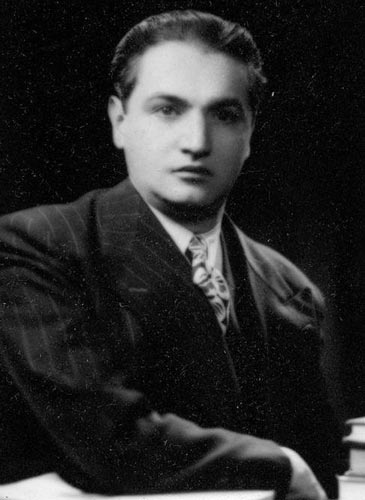
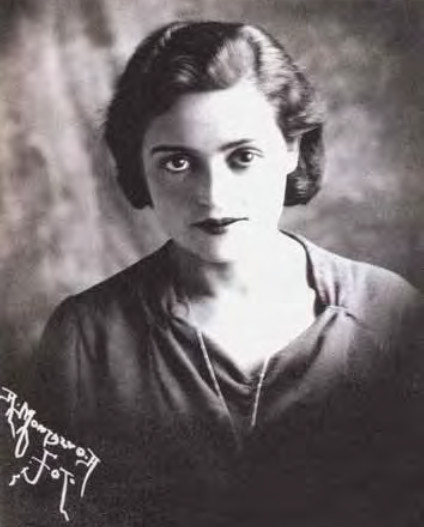
Bookstore owner
In 1937, together with Ecuadorian novelist Pedro Jorge Vera and the Peruvian writer Genaro Carnero Checa (who was living in exile in Ecuador), he founded the bookstore named Agencia General de Publicaciones [General Publications Agency], located at Mejía No. 78, between the streets Venezuela and García Moreno. The bookstore became a place where intellectuals met, however it did not produce a considerable profit. The following year he began directing the magazine “The Union of Writers and Artists.”
Politics and diplomatic career
Jorge Icaza had connections with the political left and consistently infused his works with social themes. He was present at the inauguration of Venezuelan President Rómulo Gallegos, a fellow writer.
In 1949, Icaza served as a cultural attaché in Buenos Aires, Argentina, under the Plaza Gallo administration. By 1959, he became the director of the National Library. During this period, he also embarked on an international tour, visiting countries like China, the Soviet Union, and several in Europe. In 1973, he lectured in the United States and later represented Ecuador as an Ambassador to the USSR, Poland, and West Germany.
In 1963, Icaza’s work “Huasipungo” was translated into Russian, and he participated in the Zionist Congress in Rio de Janeiro. Three years later, in 1966, a Cuban edition of “Huasipungo” was released in 100,000 copies. However, Icaza did not receive any royalties for this edition due to Cuba’s policy since Castro’s rise to power.
Death
Jorge Icaza died of stomach cancer at the age of 71 on May 26, 1978 in Quito, Ecuador. He had started writing two new novels, “Los Jauregui” and “La milagrosa,” but was unable to finish them before his passing.
Legacy
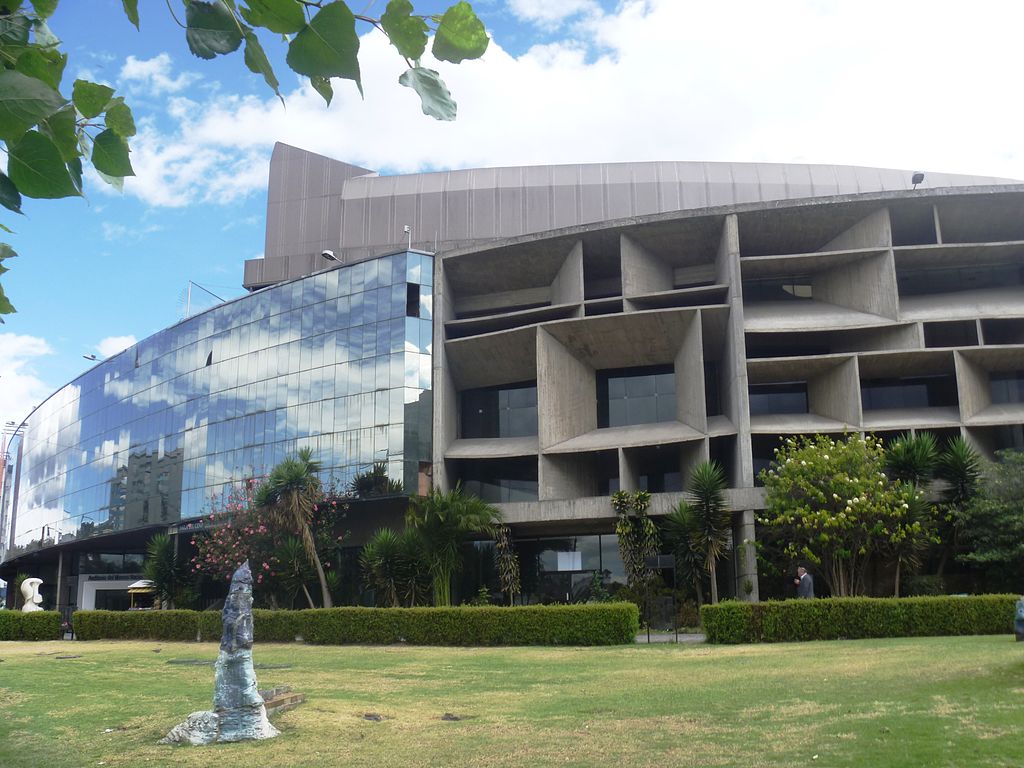
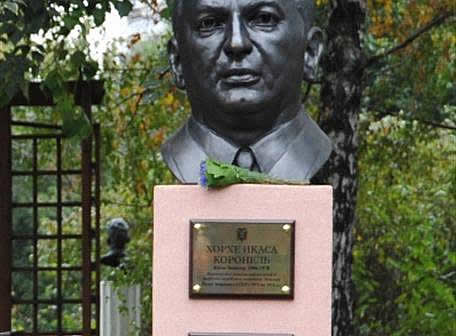
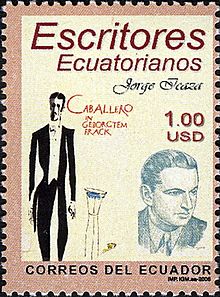
A short documentary about Jorge Icaza.
Huasipungo in English translation
Fragments of the book first appeared in English translation in Russia, where it was welcomed enthusiastically by Russia’s peasant socialist class. The complete edition of Huasipungo was first translated into the English language in 1962 by Mervyn Savill and published in England by Dennis Dobson Ltd. An “authorized” translation appeared in 1964 by Bernard M. Dulsey, and was published in 1964 by Southern Illinois University Press in Carbondale, IL as The Villagers. Read a preview of Dulsey’s English translation here.
Publications
| Year of Publication | Literary work | Genre | Notes |
|---|---|---|---|
| 1928 | El intruso | Play | |
| 1929 | La comedia sin nombre | Play | |
| 1931 | ¿Cuál es? y Como ellos quieren | Play | |
| 1932 | Sin sentido | Play | |
| 1933 | El dictador | Play | |
| 1933 | Barro de la sierra | Short Story | |
| 1934 | Huasipungo | Novel | Read it for free here. |
| 1935 | En las calles | Novel | Read it for free here. |
| 1936 | Flagelo | Play | Read it for free here. |
| 1937 | Cholos | Novel | Read it for free here. |
| 1942 | Media vida deslumbrados | Novel | |
| 1948 | Huairapamushcas | Novel | |
| 1958 | El chulla Romero y Flores | Novel | |
| 1961 | Obras escogidas | Selected works | |
| 1969 | Relatos | Short Story | |
| 1972 | Atrapados | Novel |
Partial list of Jorge Icaza’s works in translation
| Original Title | Language | Title | Translator | Publisher | Year |
| El chulla Romero y Flores | German | Caballero in geborgtem Frack | Horst Lothar Teweleit | Berlin Verl. Volk u. Welt | 1965 |
| El chulla Romero y Flores | French | L’homme De Quito | Claude Couffon | Les Lettres francaises, Nº833, 14-20 juillet 1960. | 1960 |
| El chulla Romero y Flores | French | L’homme De Quito | Claude Couffon | Albin Michel | 1993 |
| Huasipungo | German | Huasi-Pungo. Ruf der Indios. Roman. | Paul Zech | Greifenverlag, Rudolstadt | 1952 |
| Cholos | Italian | I meticci | Carlo Bo | Einaudi, Torino | 1949 |
| Huasipungo | French | La Fosse aux Indiens | Georges Pillement | París, Ed . Pierre Fanlac | 1938 |
| Huasipungo | English | The Villagers, a Novel. Authorized Translation | Bernard M. Dulsey | Southern Illinois University Press, Carbondale, IL | 1964 |
| Huasipungo | English | Huasipungo | Mervyn Savill | Dennis Dobson Ltd, London | 1962 |
| Huasipungo | German | Huasipungo. Unser kleines Stückchen Erde | Suzanne Heintz | Bornheim – Merten Lamuv | 1978 |
| Huairapamuchcas | Slovenian | Huairapamuške: sinovi vetra: roman | Barbara Pregelj | Mladinska knjiga | 2001 |
| Huasipungo | Greek | Ουαζιπούνγκο | Πόλλα Ζαχοπούλου – Βλάχου (Pólla Zachopoúlou-Vláchou) | ΚΑΣΤΑΝΙΩΤΗΣ (Kastaniōtē) | 1982 |
| En las calles | Slovak | Na uliciach | Tibor Kobáň | VPL – Vydavateľstvo politickej literatúry | 1963 |
| El chulla Romero y Flores | Russian | Человек из Кито | Скины Вафа (Skina Vafa) | Khudozhestvennaia literatura | 1966 |
| Huasipungo | Hungarian | Indián átok | Füsi József | Nyomtatta Athenaeum, Budapest. | 1949 |
| Huairapamuchcas | Romanian | Copiii vîntului | Vlaicu Bârna, David Mihail | Editura pentru Literatură Universală | 1965 |
| El chulla Romero y Flores | Czech | Chlapík z Quita | Věra Prokopová | Praha: SNKLU | 1963 |
| Cholos | Slovenian | Mešanci: roman | Silvester Škerl | V Ljubljani: Cankarjeva založba | 1954 |
| Huasipungo | Serbian | Indijanska polja | Rajna Đurđev | Biblioteka Reč i misao | 1964 |
| French | Un roman : Terre indienne (I) | Jean Viet | Poésie 47, n° 38 | mars 1947 | |
| French | Un roman : Terre indienne (II) | Jean Viet | Poésie 47, n° 39 | mai 1947 | |
| French | Un roman : Terre indienne (III) | Jean Viet | Poésie 47, n° 40 | août-septembre 1947 | |
| El chulla Romero y Flores | Ukrainian | Лихі пригоди Ромеро-і-Флореса: прозріння | Вадим Хазін (Vadim Khazin) | Vydavnyt︠s︡tvo khudoz︠h︡nʹoï literatury “Dnipro” | 1967 |
| Huasipungo | Hebrew | אינדיאני על ההר: סיפור על נחלת דמים | Ioram Melcer | כרמל, Yerushalayim: Karmel | 2009 |
| Cholos | French | “Cholos” | Lucie Sobol | Seghers | 1959 |
| Huasipungo | Czech | Indiánská pole | Jaroslav Kuchválek, Miroslav Paťava | V Praze : Pavel Prokop : Svoboda | 1947 |
| Huasipungo | Chinese | 養身地 / Yang shen di | Hao’erhe Yikasa zhu, Lin Zhimu yi | 上海譯文出版社, Shanghai : Shanghai yi wen chu ban she | 1986 |
| En las calles | Russian | На улицах | Н. Любимова (N. Lyubimova) | Журн.-газ. объединение | 1938 |
| Huasipungo | Japanese | ワシプンゴ / Washipungo | 伊藤武好 (Takeyoshi Ito | 朝日新聞社 Asahi Shimbun | 1974 |
| Huasipungo | Italian | Huasipungo | Lucilla Soro | Elliot | 2018 |
| Huasipungo | Portuguese | Huasipungo | António José Massano | INALD – Instituto Nacional do Livro e do Disco | 1980 |
| Huasipungo | Portuguese | Huasipungo | Heloísa Archêro de Araújo | Paz e Terra | 1978 |
| Huasipungo | Portuguese | Huasipungo | De Plácido e Silva | Guaíra | 1941 |
| Huasipungo | Polish | Huasipungo: Dławiące dzierżawy | Tadeusz Jakubowicz | Ludowa Spółdzielnia Wydawnicza, Warszawa | 1950 |
| Huasipungo | Italian | Huasipungo | Giuseppe Bellini | Nuova Accademia, Milano | 1961 |
| Huasipungo | Russian | Уасипунго | V. Vinogradov (Виноградов В.) | 1976 | |
| Two short stories: “Sed” and “Exodo” originally from the collection “Barro de la sierra (cuentos)” | French | Gens de l’Equateur («Soif» et «Exode») | George Pillement | Seghers | 1945 |
| Huairapamuchcas | Croatian | Zli Duhovi | Ivan Večerina | Zora, Zagreb, Croatia | 1957 |

